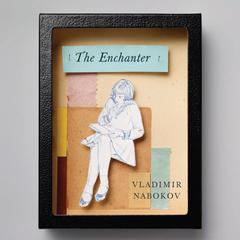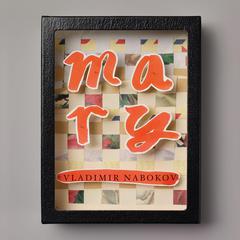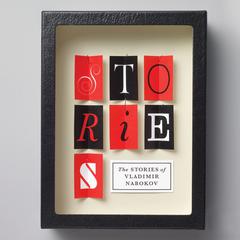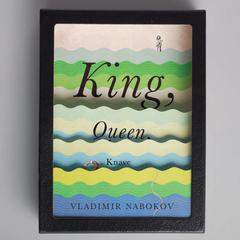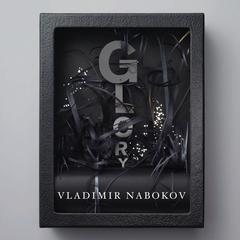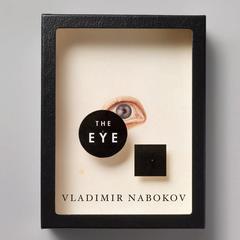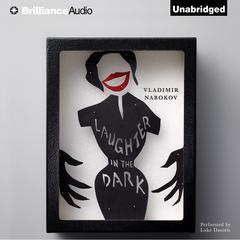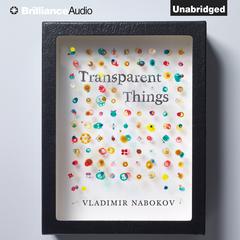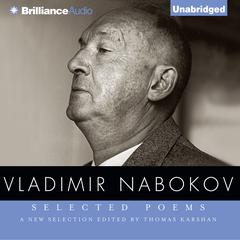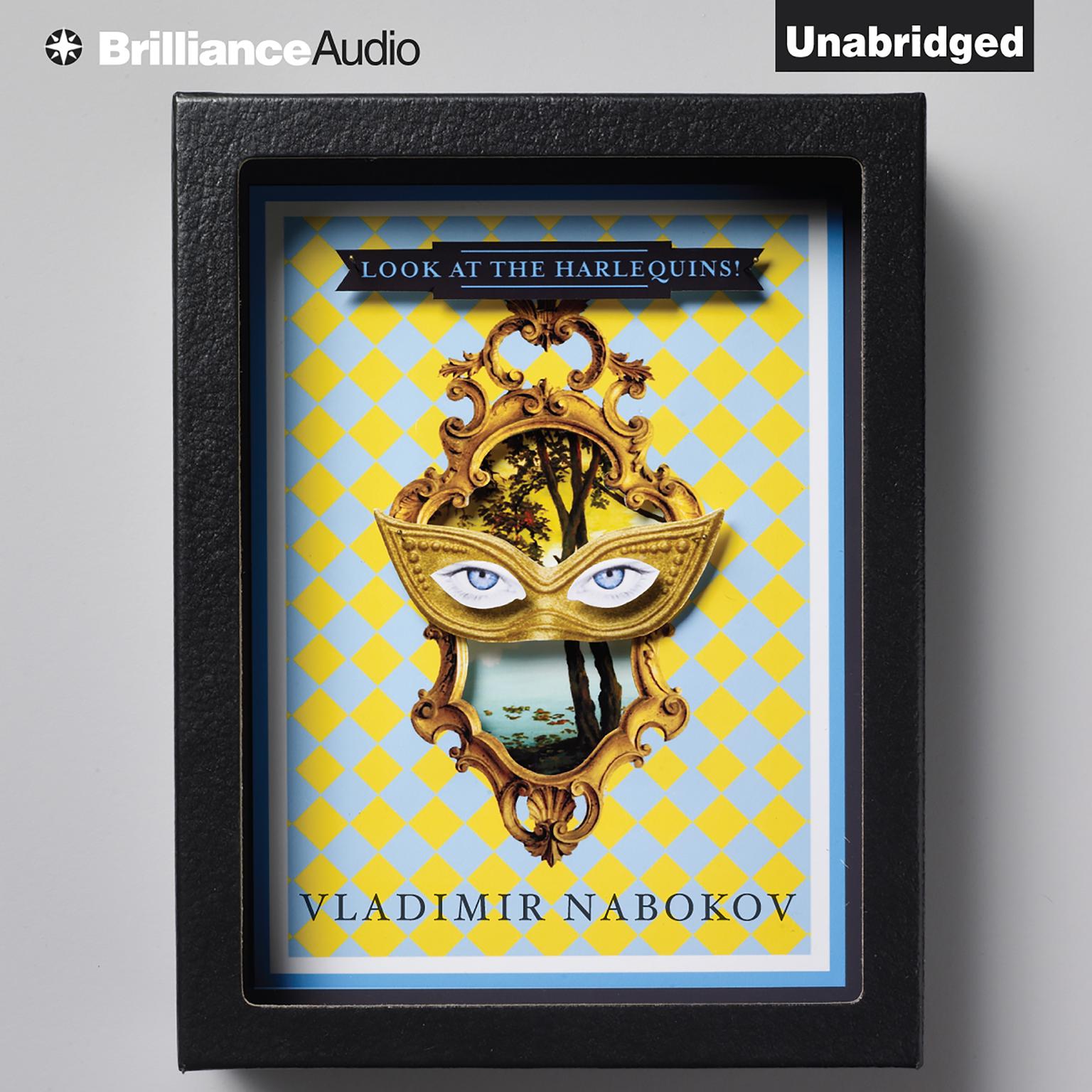 Play Audiobook Sample
Play Audiobook Sample
Look at the Harlequins! Audiobook
 Play Audiobook Sample
Play Audiobook Sample
Quick Stats About this Audiobook
Total Audiobook Chapters:
Longest Chapter Length:
Shortest Chapter Length:
Average Chapter Length:
Audiobooks by this Author:
Publisher Description
As intricate as a house of mirrors, Nabokov’s last novel is an ironic play on the Janus-like relationship between fiction and reality. It is the autobiography of the eminent Russian-American author Vadim Vadimovich N. (b. 1899), whose life bears an uncanny resemblance to that of Vladimir Vladimirovich Nabokov, though the two are not to be confused (?). Focusing on the central figures of his life — his four wives, his books, and his muse, Dementia — the book leads us to suspect that the fictions Vadim has created as an author have crossed the line between his life’s work and his life itself, as the worlds of reality and literary invention grow increasingly indistinguishable. One of the twentieth century’s master prose stylists, Vladimir Nabokov was born in St. Petersburg in 1899. He studied French and Russian literature at Trinity College, Cambridge, then lived in Berlin and Paris, where he launched a brilliant literary career. In 1940 he moved to the United States, and achieved renown as a novelist, poet, critic, and translator. He taught literature at Wellesley, Stanford, Cornell, and Harvard. In 1961 he moved to Montreux, Switzerland, where he died in 1977. “One of the greatest masters of prose since Conrad.” — Harper’s
Download and start listening now!
"I didn't read this book during my big Nabokov phase several years ago, and I had really missed out--it's fantastic, easily as good as some of Nabokov's best (such as Pnin). I'm not quite sure how much I would've gotten out of it had I not read most of Nabokov's books already and been very familiar with his life (from the grad Nabokov class I took); the parallels and mirrorings between the narrator and Nabokov were delightful and sometimes somewhat obscure."
— Alex (5 out of 5 stars)
Look at the Harlequins! Listener Reviews
-
" LatH! LatH! "
— Elliott, 1/29/2014 -
" Fun, as always. Nabokov's pompous, self-indulgent and self-absorbed academics and novelists are so obviously based on himself that it's hard not to like both him and them. This book purports to be an autobiography, but whether of Nabokov (as Nabokov) or of one of his literary stunt-doubles is not clear. I enjoyed the romp through Vadim's life, whoever the hell he is. "
— Dave, 1/6/2014 -
" This book follows the failed marriages of Vadim Vadimovich, his strange ailment (the inability to retrace his steps in dreams) and his books. This book is filled with stunning descriptions, courage and devotion to art and literature and offers an intense and instructive look at a peculiar artist, both Vadimovich and Nabokov himself. "
— Jennifer, 11/19/2013 -
" his last "
— Claire, 9/26/2013 -
" trying sooo hard to get into this. such beautiful language. "
— Stephanie, 8/26/2013 -
" Nabokov's last book ends on the line "mumbling, mumbling, dying." That's just too wonderful. "
— Madeline, 8/12/2013 -
" i love Nabokov language. how does he do that?! "
— Jeanne, 7/20/2013 -
" I got interested in Last Books by authors that have passed on. I read Updikes' Widows of Eastwick. Now I'll give Nabokov's last one a spin. "
— Kent, 2/11/2013 -
" Wonderful Russian lit. "
— Carly, 2/29/2012 -
" Part one starts the book off brilliantly, but most of the middle section--everything before the final fifty pages or so--seems a waste. The ending once again picks up a few interesting threads. "
— Jake, 2/9/2012 -
" Lolita is much better. "
— Anne, 1/9/2012 -
" In my memory I confuse this book with Lolita--all I remember from it is how the narrator gets weird tan lines (like a Harlequin). "
— Kate, 7/10/2011 -
" Excellent writing, but I didn't really get into it. It would help if you spoke Russian and French because some things weren't translated. "
— Jean, 6/14/2011 -
" '...an alchemysterious treatment, a technique of genius...' p.173 "
— Lazarus, 12/14/2010 -
" After Lolita, I wanted to read more Nabokov. This book was interesting, and I enjoy having my mind stimulated by the involvement in character. But, when he went started with the pubescent urges again, I couldn't take it. That said, he's clearly a genius. "
— Ann, 9/6/2010 -
" Amazing novel, but probably only appreciably so for those who've got 8-10 other Nabokov novels and a picture of the man himself from Boyd's two volume biography in their heads. The memoirs of a vulgar N. echo - the N. his worst critics assumed he was. Marvelous. "
— Kit, 6/3/2010 -
" I got interested in Last Books by authors that have passed on. I read Updikes' Widows of Eastwick. Now I'll give Nabokov's last one a spin. "
— Kent, 3/9/2009 -
" trying sooo hard to get into this. such beautiful language. "
— Stephanie, 10/18/2008 -
" In my memory I confuse this book with <em>Lolita</em>--all I remember from it is how the narrator gets weird tan lines (like a Harlequin). "
— Kate, 7/5/2008
About Vladimir Nabokov
Vladimir Vladimirovich Nabokov (1889–1977) was one of the most prolific writers and literary critics of the twentieth century. Born in St. Petersburg, Russia, he grew up in a trilingual household and later studied Slavic and romance languages at Trinity College, Cambridge, taking his honors degree in 1922. For the next eighteen years he lived in Berlin and Paris, writing prolifically in Russian under the pseudonym “Sirin” and supporting himself through translations, lessons in English and tennis, and by composing the first crossword puzzles in Russian. Having already fled Russia and Germany, Nabokov became a refugee once more in 1940 when he was forced to leave France for the United States. There he taught at Wellesley, Harvard, and Cornell. He died in Montreux, Switzerland.
About Stefan Rudnicki
Stefan Rudnicki first became involved with audiobooks in 1994. Now a Grammy-winning audiobook producer, he has worked on more than five thousand audiobooks as a narrator, writer, producer, or director. He has narrated more than nine hundred audiobooks. A recipient of multiple AudioFile Earphones Awards, he was presented the coveted Audie Award for solo narration in 2005, 2007, and 2014, and was named one of AudioFile’s Golden Voices in 2012.





